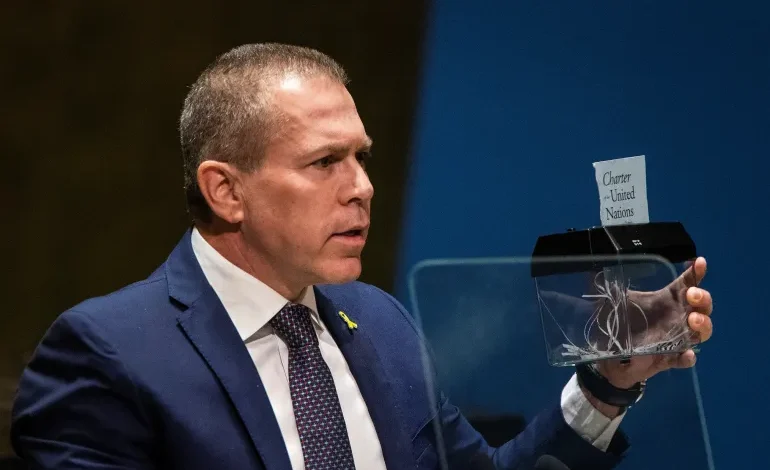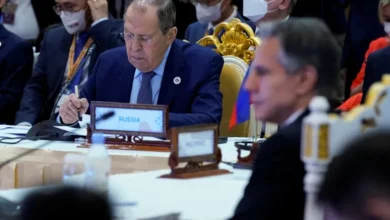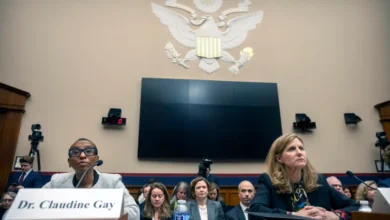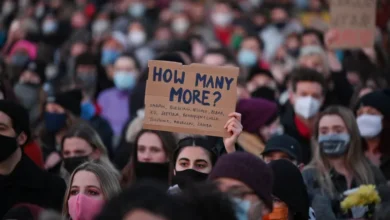It is time to move the UN and international law out of the West
Shahd Hammouri

The exceptional immunity that Israel has enjoyed for decades has placed international law and its institutions at a knife’s edge. Israel has killed UN workers, banned UNRWA, barred UN representatives from entry, and repeatedly insulted the UN and its officials.
Successive Israeli governments and their allies have also used all means possible to exert pressure on the International Criminal Court (ICC) not to investigate Israeli crimes – from direct threats of physical violence to sanctions and defamation. Attacks on the court have only intensified after it issued arrest warrants for Prime Minister Benjamin Netanyahu and former Defence Minister Yoav Gallant.US President Donald Trump – an avid Israel supporter – has already signed an executive order reintroducing sanctions on ICC staff members. This is on top of other decisions he has made – including the US withdrawal from the Paris Climate Agreement and the World Health Organization – that constitute a direct assault on international multilateralism. On Tuesday, the US president flaunted his complete disregard for international law by declaring his intention to “take over” Gaza and “own it”.
All of these developments raise questions about whether the current global system led by the UN is beyond salvation.
Despite being created to “save succeeding generations from the scourge of war” in 1945, the UN has largely failed to prevent and stop conflicts for decades. Its creation ushered in an era of “peace for some” – peace for economically advanced states who engage in proxy wars in previously colonised states. So, do we give up on the idea of an international legal order altogether?
As we face the imminent danger of climate change and the rapid escalation of militarisation, it is clear that we do need a system which unites people under the ideal of justice. An international legal order that does not favour the powerful has already been proposed by various thinkers.
For example, prominent Chilean legal scholar Alejandro Alvarez proposed a “new international law” some 70 years ago. During his tenure (1946-1955) as a judge at the International Court of Justice, he argued that the European legal tradition, on which much of international law was based on, was inadequate to address legal questions in places like the Americas.
In a series of dissenting opinions in cases he deliberated on, Alvarez called for a “new international law” which accommodated the particular historical moment of the decolonisation across the world and reflected the interests and positions of decolonised states.
There was a clear attempt at that time by states of the Global South to claim international law to its benefit. Nevertheless, economically advanced states used their influence to eradicate such attempts.










